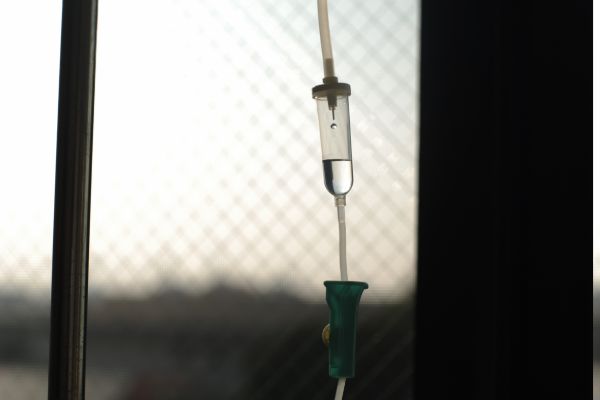Montgomery County, Alabama – The health department of Alabama has offered tips for travelers on how to prevent Ebola infection.
The Alabama Department of Public Health had issued several tips to guide travelers. These tips were posted on the department’s website in order to prevent the worldwide spread of Ebola. It is a very deadly virus that can infect individuals who travel to countries with high numbers of Ebola cases.
 The health department already issued an alert to hospitals and urgent care clinics to be vigilant on the symptoms of Ebola. The department stated that as of this day, no residents of Alabama have been tested positive which is a good sign since Ebola is a very fatal disease. This is primarily because of the state’s determination to prevent Ebola infection spreading among their residents.
The health department already issued an alert to hospitals and urgent care clinics to be vigilant on the symptoms of Ebola. The department stated that as of this day, no residents of Alabama have been tested positive which is a good sign since Ebola is a very fatal disease. This is primarily because of the state’s determination to prevent Ebola infection spreading among their residents.
Unfortunately, no vaccine and specific treatment are currently available today for Ebola. The health department also stated that the disease has a mortality rate of 90 percent. It is advised that even a slight hint of infection, individuals must immediately visit an urgent care clinic. This is not only to get early treatment, but also to prevent Ebola infection from spreading.
Prevention is always key and the department advised travelers to avoid travel to Guinea, Liberia, Leone, Sierra, and Nigeria. If travel is a must, it is important to practice proper hygiene and avoid contact and exposure with body fluids especially blood. In case of exposure it is crucial to get urgent care as soon as possible.
The health department also warned the public not to handle items that came in contact with body fluids or blood of infected individuals. Funeral or rituals that involve handling of bodies with death caused by Ebola should be avoided. Exposure to raw meats and animals should also be prevented. Avoid going to facilities wherein patients are getting an urgent care near me treatment.
The U.S. Embassy often can provide guidance on suitable facilities to go to if immediate care is needed. Travelers are advised to seek medical care if they develop fever, headache, body aches, sore throat, vomiting, diarrhea, stomach pain, red eyes, or skin rashes. Limiting contact with others is a must and prevents traveling. If some exposure is suspected, it is important to pay attention. The health department is pleading to its residents to help prevent Ebola infection from spreading by following these precautionary steps.
